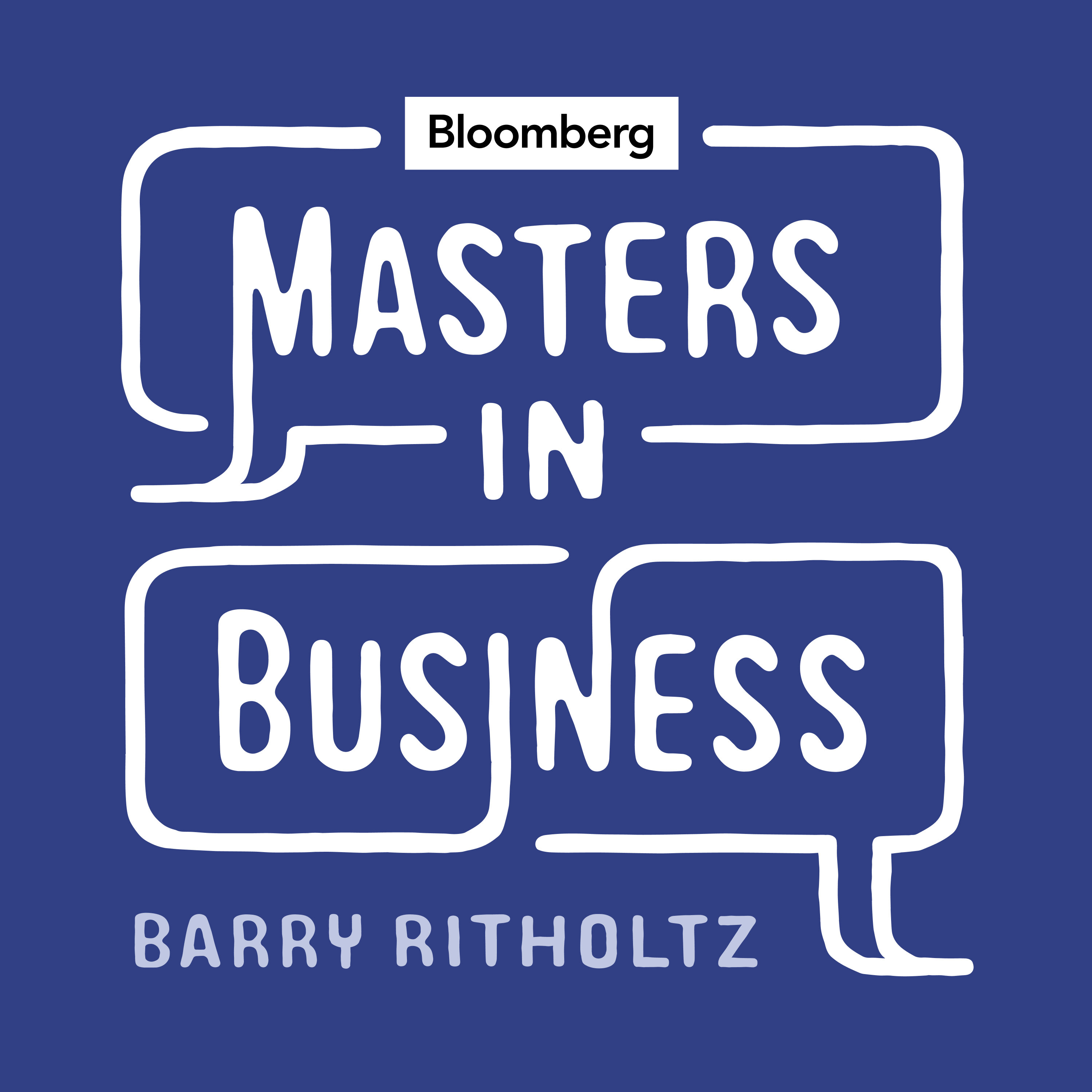We're sunsetting PodQuest on 2025-07-28. Thank you for your support!
Export Podcast Subscriptions
Team Favorite At the Money: How Much Money Is Too Much?
2025/4/16

Masters in Business
B
Barry Ritholtz
知名投资策略师和媒体人物,现任里特尔茨财富管理公司董事长和首席投资官。
B
Brian Portnoy
主
主持人
专注于电动车和能源领域的播客主持人和内容创作者。
Barry Ritholtz: 我经常与客户、朋友和家人讨论金钱是否能买到幸福这个问题。我总是喜欢用金钱无法带来满足感和快乐的反面例子来解释,我称之为‘无目标资本’。比尔黄创办的对冲基金Archegos Capital Management就是一个很好的例子,他们利用杠杆和激进的交易策略将资金从几亿美元迅速增加到200亿美元,最终却以失败告终。我认为,部分原因在于这些资本是‘无目标资本’,没有明确的目标,没有计划用于实现某些生活目标、慈善捐款或与家人共度时光,只是为了追求更多财富本身。时间证明,金钱并不总是能带来幸福,但如果运用得当,它可以带来有意义的体验,帮助他人,并带来充实而快乐的生活。
Brian Portnoy: 钱能买到幸福吗?答案是复杂的,取决于很多因素。首先,马斯洛需求层次理论指出,满足基本需求(安全、食物、住所等)是消除痛苦的关键。钱可以买到这些,从而消除痛苦。在更高的层次上,钱可以帮助我们避免烦恼,例如摆脱不喜欢的人或工作通勤。钱最强大的作用是消除痛苦,而不是带来幸福。
一些研究表明,钱带来的满足感在达到一定金额后会递减,例如7万美元或9万美元。但这取决于地区,纽约曼哈顿和堪萨斯州曼哈顿的消费水平差异巨大。幸福有两种定义:日常情绪和更深层次的满足感(eudaimonia)。在满足基本需求后,额外的钱对日常情绪的影响并不大。个人的性格也会影响对金钱的感受。然而,明智地使用金钱可以促进有意义的生活,带来更深层次的满足感。
人们对财富的感知与相对地位有关,而非绝对金额。研究表明,人们更倾向于在群体中相对富有,而不是绝对富有。这是因为社会地位和群体归属感对幸福感有重要影响。看到他人致富会引发嫉妒和贪婪,这是人类的天性。为了避免负面情绪,设定个人理财目标非常重要,这样才能朝着自己想要的目标前进,例如孩子的大学教育、舒适的退休生活或特别的假期。基于明确目标的投资是投资,而单纯的市场投机则不是。
Deep Dive
This chapter explores the complex relationship between money and happiness, examining different perspectives and studies on the topic. It differentiates between the elimination of misery and the achievement of true happiness or contentment, introducing the concept of 'eudaimonia'.
- Money's primary impact is eliminating misery by providing basic needs.
- Studies show happiness peaks around $70,000-$500,000, varying by location and lifestyle.
- Two types of happiness are discussed: day-to-day positive emotions and deeper contentment ('eudaimonia').
- Marginal dollars beyond basic needs don't significantly impact mood, but contribute to a meaningful life if spent wisely.
Shownotes Transcript
Can money buy you happiness? How much money is too much? Does wealth offer diminishing returns? In this edition of At the Money, Barry Ritholtz is joined by Brian Portnoy to explore these questions. Portnoy has held senior investment roles throughout the hedge fund and mutual fund industries. He is also the author of the bestselling books, 'The Geometry of Wealth' and 'The Investors Paradox.'
See omnystudio.com/listener) for privacy information.